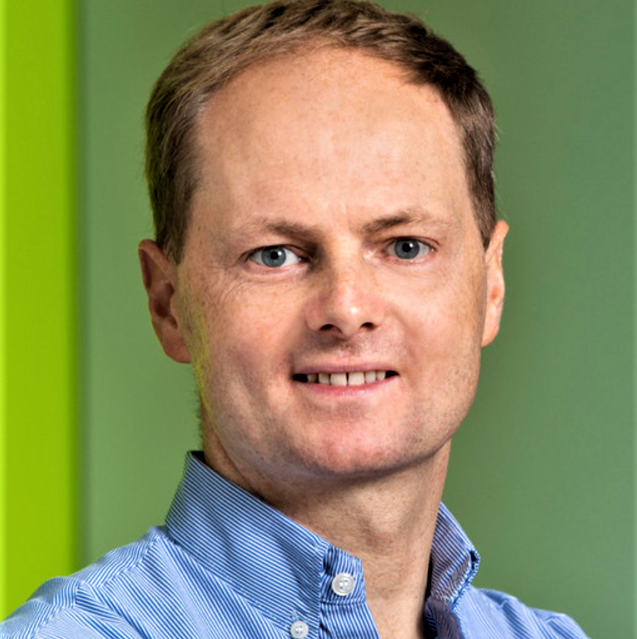
Malte Spielmann
Professor of Human Genetics, University of Lübeck; Clinical Director, Institute for Human Genetics, Lübeck, Germany
The main goal of the Spielmann lab is to understand the role of non-coding mutations and structural variants as the cause of human disease. The lab aims to understand the pleiotropic effects of mutations and structural variants during embryogenesis and investigate their influence on the 3D architecture of the genome. In order to achieve this goal, we are applying the latest high-throughput technologies during mouse embryonic development including single cell analysis, chromosome conformation capture techniques and massively parallel reporter assays.
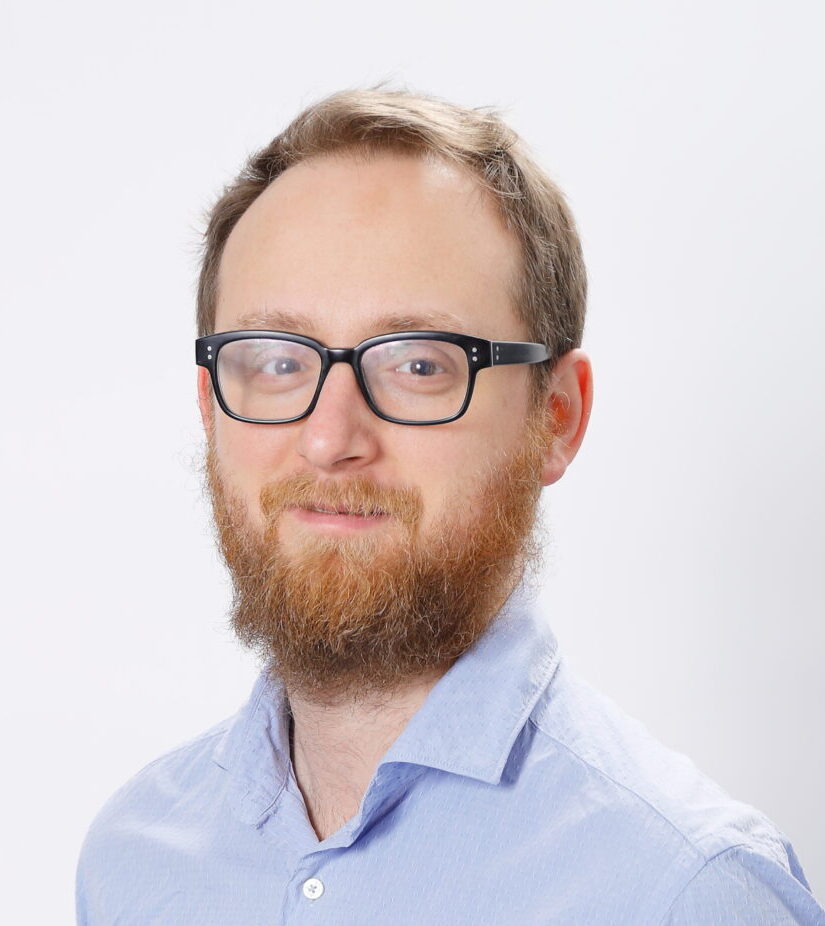
Marco Savarese
Academy of Finland Research Fellow & Junior Principal Investigator, Folkhälsan Research Center, Helsinki, Finland
The main goal of the recently set up Savarese lab is to dissect the molecular mechanisms underlying the often-observed discordance between the identified genotype and the expected phenotype in patients with neuromuscular diseases, a class of diseases affecting muscular function. Indeed, the classic paradigm ´one gene-one disease’ has been definitively overcome. Causative variants in the same gene often result in a wide spectrum of phenotypes and a specific clinical phenotype can be caused by variants in several genes.
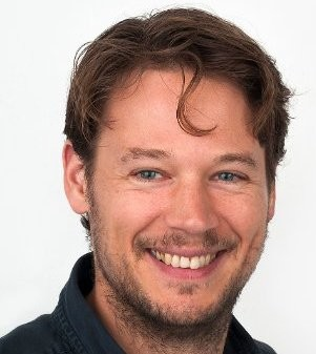
Tjakko
van Ham
Associate Professor, Erasmus MC University Medical Center, Rotterdam, The Netherlands
The main goal of the van Ham lab is to improve diagnostics for genetic disease. The lab has developed and diagnostically implemented: i) functional assays to assist in determining the effect of variants of unknown clinical significance on cells and protein function; ii) functional assays to determine disease-related phenotype in patient samples, independent of whether causal DNA variants were identified; iii) mRNA-based diagnostics to determine the effect of variants on mRNA expression/splicing; iv) transcriptome analysis/mRNA-sequencing to identify pathogenic variants in undiagnosed patients.

Isabel
Filges
Medical Director, Medical Genetics; Head, Medical Genetics Diagnostic Lab, University Hospital Basel, Switzerland
The main goal of the Filges lab is to exploit massively parallel sequencing for gene discovery in lethal fetal disorders. The lab aims to study and characterize i) intellectual disability/congenital malformations, such as the Moebius/Carey-Fineman-Ziter syndrome; ii) lethal fetal disorders and malformation syndromes with a specific focus on PIGW as a candidate gene for Fryns syndrome, KIF4A in hydrocephalus and intellectual disability and SMAD3 mutations in lower jaw development/Agnathia-Otocephaly; iii) predispositions to recurrent aneuploid miscarriages.
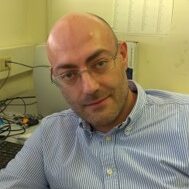
Luciano Xumerle
Senior Post-Doc at the Personal Genomics Srl, Verona, Italy
Personal Genomics (PG) is a Medical Genetics Laboratory located in Verona (Italy). The Laboratory carries out genomic analyses and interpretation of NGS data for the consumer, for the research and the clinical market with a wide range of applications that include personalized medicine, disease diagnosis, pharmacogenomics, biodiversity assessment, food and environmental monitoring. Luciano works in PG since 2015 on software solutions in bioinformatics for organizing, and analyzing Next-Generation Sequencing data.

Romina D’Aurizio
Researcher, Institute of Informatics and Telematics, National Research Council, Pisa, Italy
Dr. D’Aurizio is a mathematician with wide expertise in analyzing genomic high-throughput data. Main research interests rely on the development of computational and analytical methods for the identification of CNVs, for the investigation of the functional impact of non-coding CNVs in neurodevelopmental disorders, and the integration of “omics” data to profile tumor complexity and study patient-specific heterogeneity to associate it with pre-clinical stratification in the diagnostic, follow-up and development of new therapeutic strategies.
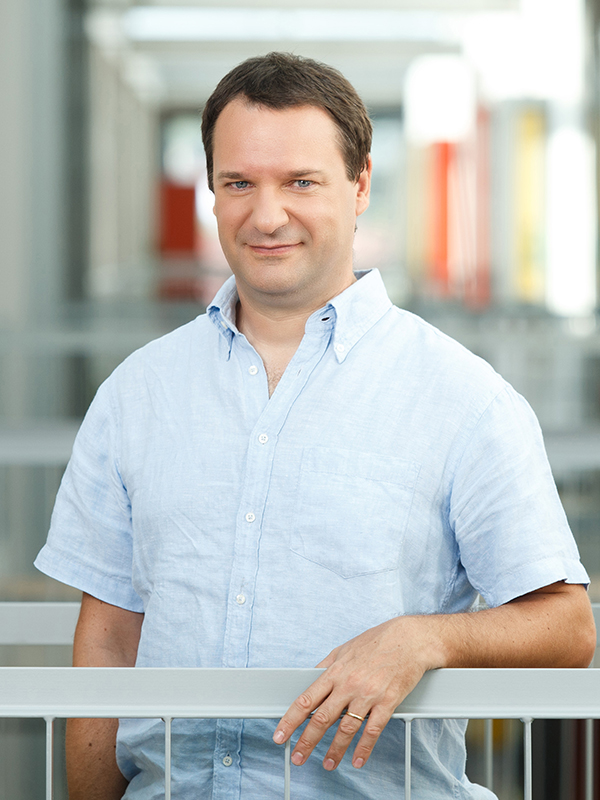
Blaž
Zupan
Professor of artificial intelligence, machine learning, data mining and bioinformatics, University of Ljubljana and Baylor College of Medicine, Houston (TX)
Zupan lab focuses on constructive induction, epistasis approaches for reconstructing gene networks, large-scale data fusion, explainable AI and combinations of machine learning and data visualization techniques. The Bioinformatics Lab leads the development of the open-source tool Orange, a machine learning and data visualization suite with visual programming for the construction of data analysis workflows.
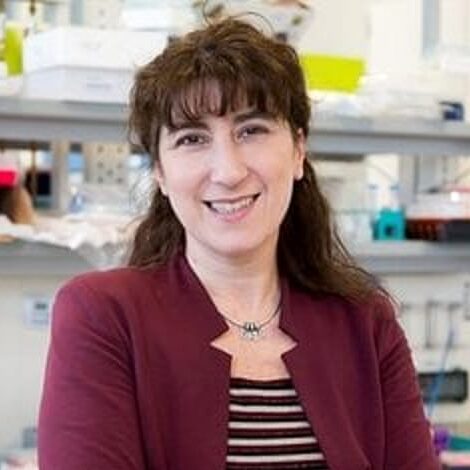
Enza Maria Valente
Full Professor of Medical Genetics, University of Pavia; Head, Neurogenetics Research Center, IRCCS Mondino Foundation, Pavia, Italy
The Valente Lab focuses on clinical, molecular and functional genetic studies in the field of inherited neurological and neuropediatric diseases, with a focus on Parkinson diseases and neurodegenerative disorders, Joubert syndrome and pediatric ataxias, brain malformation syndromes and other rare neurodevelopmental disorders.
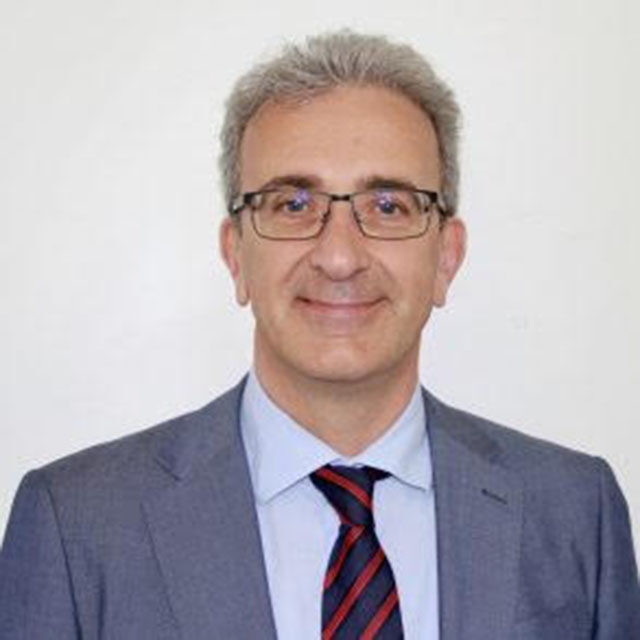
Riccardo Bellazzi
Full Professor of Bioengineering and Biomedical Informatics, University of Pavia, Italy
The scientific interests of Prof. Bellazzi are highly interdisciplinary and are aimed at applications of informatics to medicine and life sciences, comprising artificial intelligence, biomedical data mining, telemedicine, decision support, clinical research informatics.
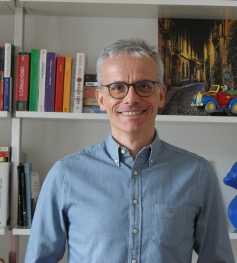
Giorgio Colombo
Full Professor of Organic Chemistry, University of Pavia, Italy
Colombo’s Lab research goals are: (1) to integrate molecular dynamics, computational physical-chemistry and bioinformatics approaches to study the dynamics and specificity of protein-ligand recognition and binding; (2) to translate this information into the rational design of new molecules taking the full flexibility of the receptor and the ligand into account; (3) to develop computational methods to understand the determinants of protein-antibody and protein-protein interactions with the aim to design novel immunoreactive molecules.
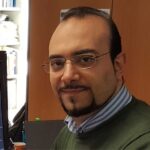
Tommaso Mazza
Head, Bioinformatics Lab, IRCCS Casa Sollievo della Sofferenza, Rome, Italy
The Mazza lab’s main aim is to study the pathogenic mechanisms of genetic diseases using high-performance computational methods and AI-inspired algorithms. We aggregate and process multi-omics data to depict a systemic view of a pathogenic biological process that we then study by parallel stochastic simulation and network biology algorithms. We are particularly interested in mitochondrial diseases and the in-silico prediction of the functional impact of genomic variants.
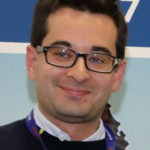
Edoardo Errichiello
Assistant Professor in Medical Genetics, University of Pavia and Clinical Researcher at the IRCCS Mondino Foundation, Pavia, Italy
The main scientific interests in the research group of Edoardo Errichiello involve the discovery and functional characterization by Next-Generation Sequencing technologies of novel genes and pathogenic mechanisms related to rare diseases, including but not limited to neurodevelopmental disorders, cancer predisposition syndromes, and, most recently, eye diseases (congenital cataract and retinal dystrophies).
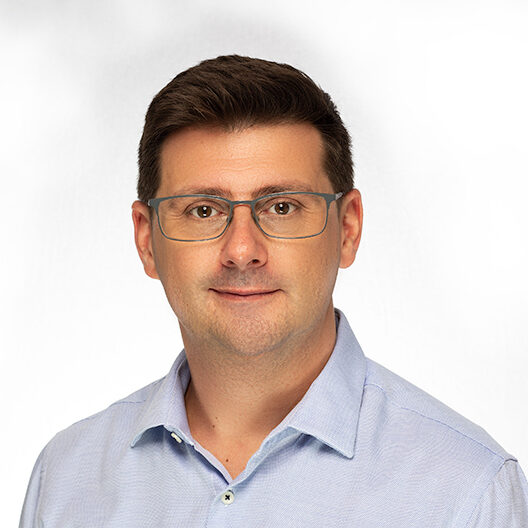
Francesco Lescai
Associate Professor of Bioinformatics, University of Pavia, Italy
Lescai lab is interested in modelling inflammation as a key predictor of phenotype trajectories. In order to tackle this challenge, we focus our activities on two main areas, tightly integrated with each other: computational genomics methods, to uncover patterns of genomic variation that explain individual differences in the inflammatory response, and the use of machine/deep learning to identify genomic and non-genomic parameters to predict an individual’s inflammatory response and how in turn this will affect the evolution of a phenotype or disease.
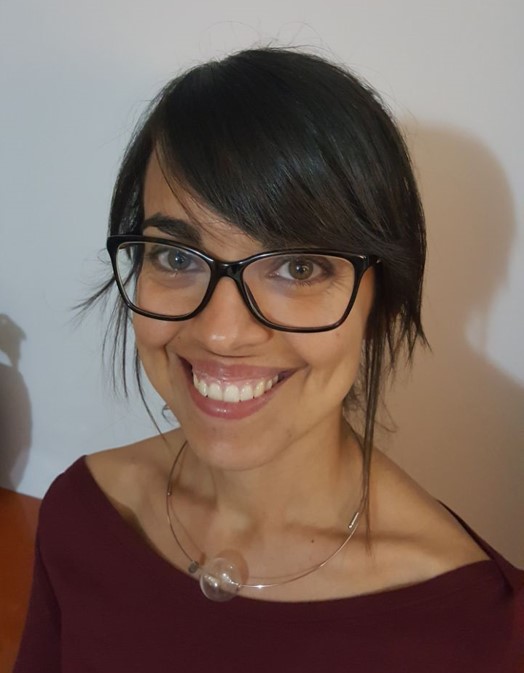
Elisa
Giorgio
Assistant Professor of Medical Genetics, University of Pavia, Italy
The recently set up Giorgio Lab deals with the genetics of neurodegenerative and neurodevelopmental disorders, with a particular focus on a rare form of leukoencephalopathy, the adult-onset autosomal dominant leukodystrophy (ADLD). The lab is focused on the identification of genetic diseases associated with non-canonical mutations and on the development of therapeutic strategies for rare genetic diseases by RNA therapeutics and drug-repositioning approaches.
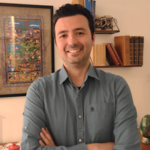
Marco
Lolicato
Associate Professor of Molecular Biology, University of Pavia, Italy
The Lolicato laboratory at UniPV focuses on finding unconventional ways to treat cancer by targeting ion channels and mechanosensation in cancer progression. We use functional, structural and computational approaches to frame the molecular determinants of channel function and to design novel chemical entities targeting ion channel to halt cancer cell proliferation.
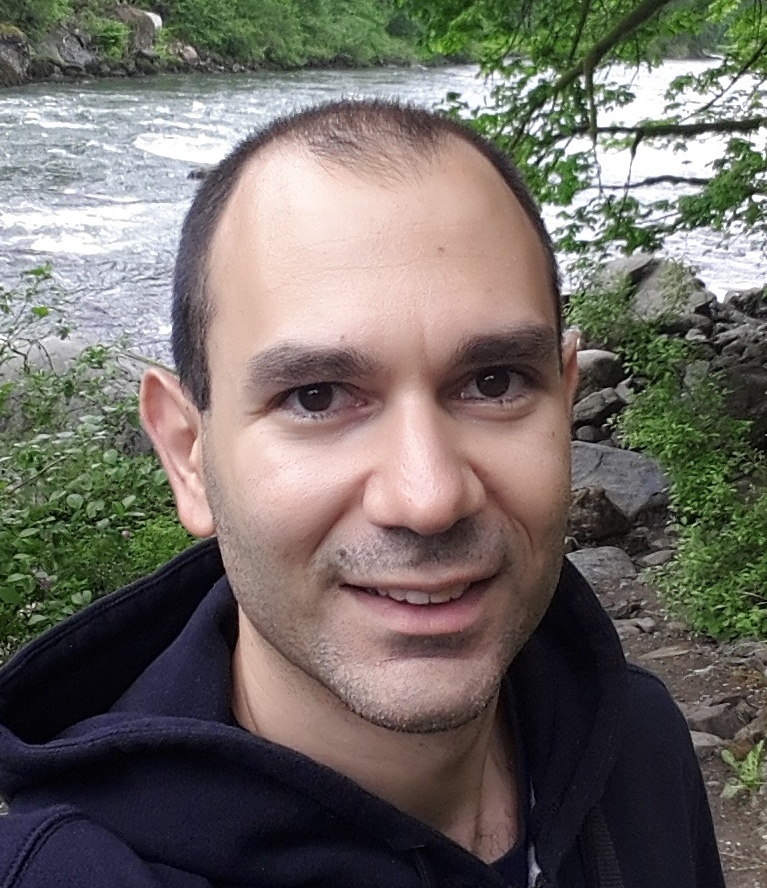
Lorenzo Pasotti
Assistant Professor of Bioengineering and Bioinformatics, University of Pavia, Italy
He works on several topics of basic and applied research in synthetic biology,
His research interests include the development of computational and experimental methods to improve the success in the rational design of engineered bacteria, and then apply this knowledge to engineer microbial solutions in the fields of bioenergy (waste-to-fuel conversion), environment (whole-cell biosensors for pollutants) and health (living diagnostics/therapies).

Tommaso Biagini
Post-Doctoral researcher, Bioinformatics Lab, IRCCS Casa Sollievo della Sofferenza, Rome, Italy
Main research interests include the identification of causes and molecular mechanisms of an array of mendelian diseases (epilepsy, GLUT1 deficiency syndrome, dystonia, mental retardation, ciliopathies, type 2 diabetes mellitus, cardiopathies, inflammatory bowel disease, achalasia) and cancers (colon, breast, pancreas, liver, lung, brain), using multi-OMICS bioinformatics algorithms, methods and software packages. A relevant part of this research includes the application of computational techniques in the field of Structural Computational Biology to study the structure-to-function relationships of biological macromolecules.

Daniel L. Minor Jr. ,PhD
Professor of Biochemistry and Biophysics and Cellular and Molecular Pharmacology, UCSF.
Bioelectricity made by ion channel proteins drives our thoughts, feelings, and actions. These complex macromolecular devices give the spark to life by controlling the passage of ions across cell membranes in nerves, muscles, and the brain. The Minor laboratory at UCSF focuses on using functional, chemical, and structural approaches to uncover the molecular mechanisms by which diverse types of ion channels work, to develop new reagents that can manipulate ion channel function, and to understand the molecular mechanisms by which organisms resist toxins that target ion channels.
